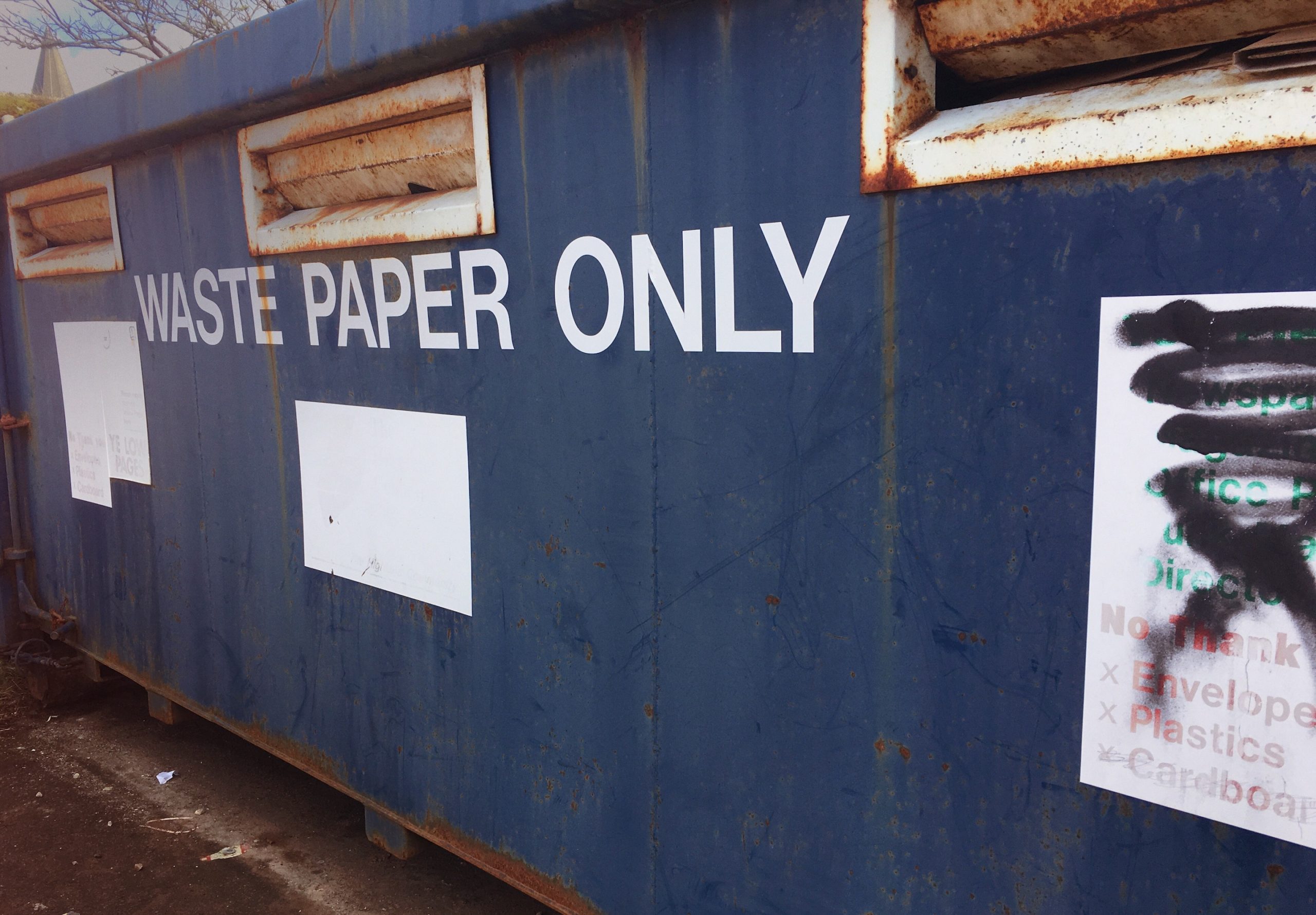Recycling is a crucial practice that promotes sustainability and environmental stewardship. It not only benefits individuals and households but also plays a pivotal role in large organizations. This article aims to shed light on the significance of recycling in these organizations and why it should be a priority for every business. By embracing recycling, businesses can contribute to a healthier planet, experience economic advantages, and enhance their social standing.
Environmental Benefits of Recycling in Large Organizations
Waste Reduction and Landfill Space Conservation
Large organizations generate substantial amounts of waste as a byproduct of their operations. By implementing recycling initiatives, these businesses can effectively reduce waste generation and alleviate the strain on landfills. Recycling diverts materials such as paper, plastics, and packaging from the waste stream, extending the lifespan of landfills and reducing the need for new landfill sites. This conservation of landfill space is crucial as land scarcity becomes an increasing concern in many regions.
Prevention of Pollution and Protection of Ecosystems
When waste materials end up in landfills, they can pose significant environmental risks. Landfills produce harmful gasses, such as methane, a potent greenhouse gas that contributes to climate change. Moreover, as waste decomposes, it can contaminate soil and water, leading to pollution and damage to ecosystems. By recycling materials, large organizations can prevent these environmental hazards by diverting waste from landfills and reducing the associated pollution risks.
Conservation of Natural Resources
Natural resources, including water, energy, and raw materials, are essential for various business operations. Recycling in large organizations plays a crucial role in conserving these resources. For example, recycling paper reduces the need for logging trees and conserves water and energy required in the papermaking process.
Similarly, recycling plastics reduces the demand for fossil fuel extraction and the energy-intensive process of producing new plastic. By recycling and reusing materials, businesses can significantly reduce their reliance on virgin resources, contributing to the conservation of natural habitats and ecosystems.
Reduction of Greenhouse Gas Emissions
The extraction, processing, and manufacturing of raw materials typically involve energy-intensive processes that contribute to greenhouse gas emissions. By recycling materials in large organizations, the demand for extracting and manufacturing new resources is reduced. This, in turn, helps to lower greenhouse gas emissions associated with resource extraction and production.
For instance, recycling aluminum cans requires significantly less energy compared to producing new ones from bauxite ore, resulting in substantial reductions in carbon emissions. By prioritizing recycling, businesses contribute to the collective effort of combating climate change and mitigating its environmental impacts.
Promotion of Circular Economy Principles
The implementation of recycling practices in large organizations aligns with the principles of the circular economy. The circular economy aims to minimize waste and maximize resource efficiency by promoting the reuse, recycling, and regeneration of materials. By adopting recycling initiatives, businesses contribute to the transition from a linear “take-make-dispose” model to a circular system where materials are kept in circulation for as long as possible. This shift not only reduces environmental impact but also fosters a more sustainable and resilient economy.
Economic Benefits of Recycling in Large Organizations
In addition to its environmental advantages, recycling offers several economic benefits to large organizations. One of the primary advantages is cost savings through waste reduction. Implementing effective waste management strategies, such as recycling programs, can help businesses minimize waste disposal costs. Recycling not only reduces the volume of waste requiring disposal but also creates opportunities for reusing materials, leading to significant cost reductions in waste management.
Moreover, recycling in large organizations creates new job opportunities. The recycling industry has experienced considerable growth, and businesses can contribute to job creation by integrating recycling initiatives into their operations. These new jobs not only benefit the organization but also support local communities and economies.
Social Benefits of Recycling in Large Organizations
Recycling initiatives in large organizations go beyond environmental and economic benefits. They also foster social advantages that contribute to a positive corporate image and reputation. In today’s society, sustainability is an increasingly important consideration for consumers. By prioritizing recycling, businesses can demonstrate their commitment to environmental responsibility, gaining the trust and loyalty of environmentally conscious customers.
Engaging employees in recycling programs also enhances morale and fosters a sense of purpose. When employees are involved in sustainable practices, they feel a stronger connection to the organization and its values. Recycling initiatives provide an avenue for employees to contribute to a better future, leading to increased job satisfaction and employee retention.
Furthermore, recycling in large organizations promotes community involvement and social responsibility. By implementing recycling programs, businesses become active participants in their communities, positively impacting local environments and residents. Engaging with stakeholders and demonstrating a commitment to social responsibility can enhance relationships and build strong community ties.
Overcoming Challenges and Implementing Recycling Programs
While the benefits of recycling in large organizations are significant, there are challenges to overcome when implementing recycling programs. Lack of awareness and knowledge about recycling practices, along with infrastructure and logistical challenges, can hinder successful implementation. However, organizations can overcome these barriers by developing comprehensive recycling plans, providing education and training for employees, and collaborating with waste management and recycling partners.
Value of Successful Recycling Initiatives in Large Organizations
Recycling is not just a responsibility for individuals and households; it is equally important for large organizations. By prioritizing recycling, businesses can make a positive impact on the environment, experience cost savings, and enhance their social standing. The environmental benefits include waste reduction, conservation of resources, and mitigation of pollution and greenhouse gas emissions.
Economically, recycling reduces waste management costs and creates job opportunities. Socially, it improves corporate image, engages employees, and demonstrates social responsibility. It is imperative that businesses recognize the importance of recycling and take proactive steps to integrate recycling initiatives into their operations. By doing so, they contribute to a sustainable future and become leaders in environmental stewardship.

